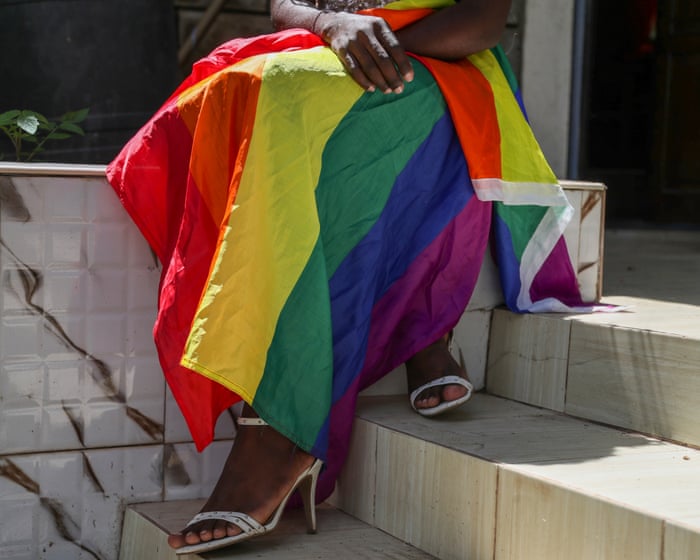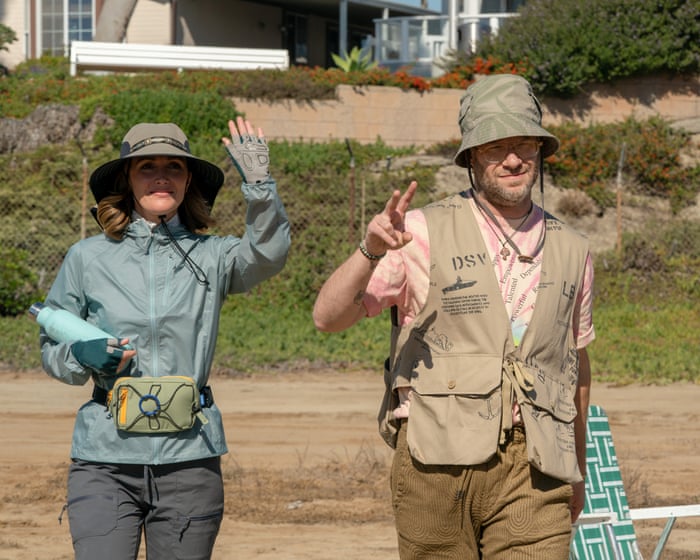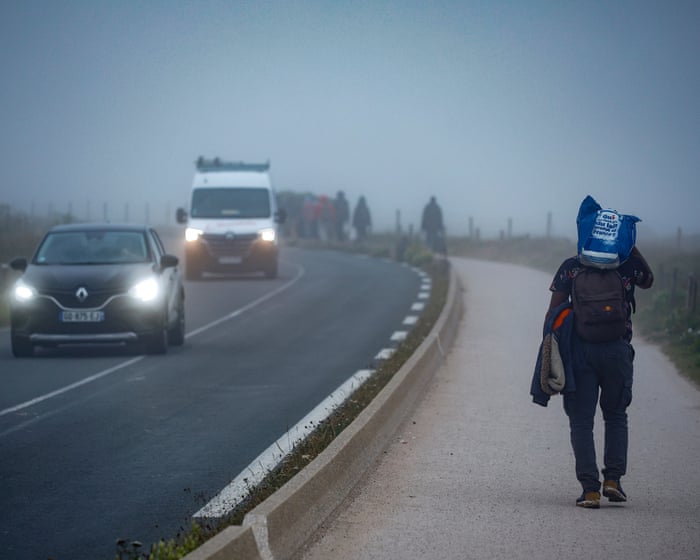“For my own safety, I’ve become much more distrustful. I’ve shut myself off and try to avoid talking to certain people,” says Paul*, a young person from Burkina Faso. “How will we go to health centers? Will doctors and nurses protect us, or will they report us?”
On September 1, Burkina Faso’s Minister of Justice and Human Rights, Edasso Rodrigue Bayala, announced an amendment to the Code of Persons and Family, which has been in effect since 1990. For the first time, the amendment introduces a prison sentence of two to five years and a fine for anyone who “promotes homosexuality.”
Bayala called the amendment “a historic reform that reflects legal innovation, respect for cultural values, and the commitment to building a Burkinabé family.” He stated that homosexuality would be identified in people who show “bizarre behavior.”
First approved by President Ibrahim Traoré in July 2024, the law was unanimously passed by the transitional legislative assembly, which has governed since a coup in September 2022.
The new law has sent shockwaves through the country’s LGBTQ+ community.
“Speaking too openly could make life difficult for those of us living here,” says Jules*, a gay man in the capital, Ouagadougou. “It could harm us if our support networks are cut off or if our meeting places are identified. We live hidden, but we live.”
Agathe*, a lesbian, adds: “I’m very stressed about the situation and the safety of LGBTQ+ people.”
Until now, homosexuality was not mentioned in any legal document in Burkina Faso, making the country a relatively safe place where gay people from across West Africa could live without fear of criminalization or imprisonment.
The amendment also allows for the expulsion of any foreign national found engaging in homosexual acts and states that “it will not be possible to adopt Burkinabé children without accepting the country’s rules.” Many see this as part of a broader trend across Africa to promote so-called “family values,” which often oppose abortion and LGBTQ+ rights.
Uganda passed its Anti-Homosexuality Act in May 2023, which includes the death penalty for “aggravated homosexuality” and life imprisonment for same-sex relationships. Mali also introduced anti-gay legislation last year, while Kenya is considering a “family protection” bill that would ban homosexuality.
News of the ruling in Burkina Faso broke at 8 p.m. on Monday, when popular street restaurants were full of people. It spread quickly on social media, WhatsApp groups, and Facebook, one of the most widely used platforms in the country. Reactions included shock and fear, as well as hateful and discriminatory messages.
“What’s the point of speaking out in the media if it only makes us more vulnerable?” says Jules*. “Since yesterday, I’ve only seen hateful comments online.”
Paul adds: “I don’t know if someone is going to monitor us, if the population…”The thought that people will turn against us or persecute us—that’s what frightens me most. Thankfully, my mother and sisters keep me safe.
Since the coup, Burkina Faso’s government has introduced a program emphasizing national sovereignty, local traditions, values, and the fight against colonialism. In January 2023, they removed French troops from the country and ended military agreements with the former colonial power. Traoré’s speeches have become widely shared online, and he is especially popular with young people.
Yet the new law has left many of the nation’s youth feeling hopeless. “I want to leave the country. Life here is very difficult, and we can’t live as we wish,” says Paul.*
*Names have been changed to protect identities.
Frequently Asked Questions
Of course Here is a list of FAQs about a new antigay law in an African country designed to be clear concise and helpful
General Beginner Questions
1 What is this new law exactly
Its a recently passed law that criminalizes samesex relationships and public identification as LGBTQ It imposes severe penalties which are much harsher than previous regulations
2 Which country passed this law
While the specific country in the prompt isnt named laws like this have been proposed or passed in several African nations such as Uganda Ghana and others Its important to check reliable news sources for the most current and specific information
3 What are the specific punishments under this law
The penalties can include lengthy prison sentences heavy fines and in some extreme cases the death penalty It also often leads to social ostracization job loss and violence from the public
4 Why is this such a big deal Wasnt it already illegal
Yes samesex relations were often already criminalized under old colonialera laws The shock comes from the new laws extreme harshness its specific targeting of LGBTQ identity and advocacy and the fact it was passed in a country previously seen as more tolerant or less aggressive in enforcement
5 Who does this law affect
Primarily it affects LGBTQ citizens and residents of that country It also impacts human rights defenders healthcare workers providing services to the community journalists and anyone perceived to be promoting homosexuality
Advanced ImpactRelated Questions
6 How does this law affect the broader community and the countrys economy
It can lead to a brain drain as educated professionals flee reduce foreign investment and tourism due to international condemnation and divert public resources away from critical issues like healthcare and education to enforce these laws
7 What is the social exclusion mentioned and how is it enforced
Social exclusion means LGBTQ individuals can be disowned by family fired from jobs evicted from homes and denied essential services like healthcare Its often enforced through community reporting mob violence and fear creating a hostile environment
8 Are there any legal challenges to this law
Yes human rights organizations and activists within the country often immediately challenge such laws in court arguing they violate constitutional rights to equality privacy



